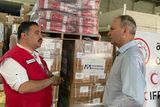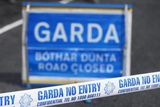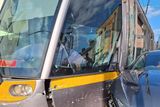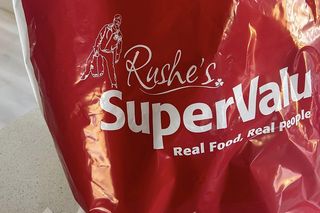Budget 2023: ‘Positive step’ – but doubt cast on whether new vacant homes tax will be workable
Pat Doyle, CEO of the Peter McVerry Trust, believes the country will now see a steady increase in vacant homes being reused alongside greater housing delivery
There are already fears that the owners of vacant homes will be able to slip out of the tax net.
A new vacant homes charge will levy three times the rate of applicable property tax per annum on properties that are left empty for more than 30 days a year.
It is thought this will affect thousands of holiday home owners in Ireland whose homes are used only occasionally. However, it has also raised questions on exactly how the new tax will be collected and the complications involved.
There are concerns vacant home owners may use loopholes and exemptions for a tax that will have a self-assessment component.
Finance Minister Paschal Donohoe announced the measure in reaction to the latest census data, which showed 166,000 vacant properties all over Ireland.
That is at a time when homelessness is increasing at a rate of almost 10pc per annum and young people are being prevented from getting on the housing ladder.
The new tax has been warmly welcomed by the Peter McVerry Trust, which specialises in reusing vacant and derelict buildings to deliver social housing.
The charity says the tax, which could generate €1m to €4m per annum, was not just a “means of raising revenue” but a “measure to increase the availability of housing across all tenure types”.
Charity CEO Pat Doyle said: “In March 2017, we first proposed a vacant homes tax. At that stage 63pc of the public supported such a measure. Since then the awareness and understanding of the potential of vacant homes to tackle the housing crisis has improved and deepened.
“We believe the tax represents one of the final measures needed to realise the full potential of vacant homes, taken in conjunction with the wide array of funding schemes that have been in place and that are still available to reuse vacant homes. As a result, we believe we will now see a steady increase in vacant homes being reused alongside greater housing delivery.”
However, it is also thought the new tax will also have some sort of impact on thousands of underused holiday homes scattered throughout the country, which, through continuous disuse, often impede local rural economies in particular.
Many believe the introduction of such a tax on its own may be enough to push owners who no longer use their second homes to sell them on.
In this case, the end result would be either a full-time occupancy or a continuous holiday-let situation, either one of which would benefit local economies and housing markets, particularly in more remote scenic areas where disused holiday homes are the biggest problem.
Pat Davitt, of the Institute of Professional Auctioneers and Valuers (IPAV), said Ireland had a huge problem with vacancy.
“Overall, I think it’s a positive step in the right direction. At the very least, it puts the issue on the Government radar. However, I would question the ability to collect the new tax and would like to see the specifics,” he said.
“While there are 25 full-time vacancy officers employed by local authorities, it seems to me that it might prove difficult for them to pin down exactly just who has been living in a particular house and on what days of the year.”
He said the first step towards collecting the new tax should be for local authorities “to get out there and identify these properties. The next step would be to compile a comprehensive national vacant homes register.”
Join the Irish Independent WhatsApp channel
Stay up to date with all the latest news














